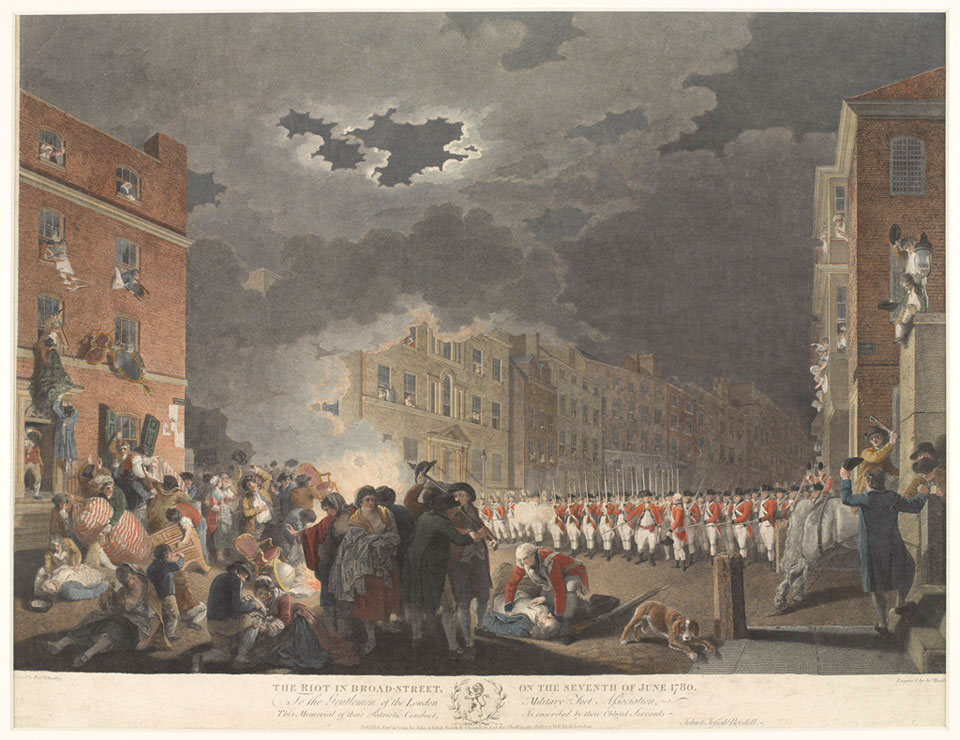Try to Praise the Mutilated World
October 30, 2018
When I was fresh out of college, my first full-time job was as a sixth-grade language arts and social studies teacher in Henderson, North Carolina, a small town 40 miles north of Raleigh. My charges were 120 students, mostly rural poor or working class like me, and brown and black, not like me. While I was trained as a journalist in college, I turned to education because I come from people who do not have it; I knew my life would be different, much different, had I not had encouraging teachers and parents, people who expected me to learn and do more, so I did.
At 21, I wanted to find a way to say thank you to the people who expected more of me, which is how I ended up in a middle-school classroom with an old chalkboard a janitor kindly retrieved from a supply closet that I painted black the week before classes started.
In my novice classroom, there were days when lesson plans were a well-orchestrated symphony and went off without a hitch—for instance, students once created hilarious Zeus Springer videos about the elicit lives and complicated origin stories of Greek gods and goddesses. And there were days when I did not know what to say or do, and sometimes winged the day’s lesson. One such day was when we studied Adam Zagajewski’s poem, “Try to Praise the Mutilated World.” I had read Zagajewski’s poem in The New Yorker, and while the subject matter was deep, I knew my students were up for the challenge.
As we read the poem and studied its imagery—wild strawberries, a curtain fluttering, the gray feather of a thrush—we began to understand the necessity of noticing joy even in the darkest hours. Not as an act of pleasure or even pleasing, so much, but because what we pay attention to, especially during times of violence and depravity, is an act of humanity and loving defiance, of being fully present in a world that is broken.
My students, ages 11 and 12, instinctively understood brokenness. They could channel both large and small memories about the subject on their own–of losing an older brother to an opiod overdose, of being hungry, of flying down a dirt road on a four-wheeler and breaking actual bones. Children understand so much more than adults give them credit for; this is not just a cliché but a universal truth.
As we drew our interpretations of the poem, some students focused on the executioner singing, on strawberries in a bowl, fall leaves scurrying over a hill, or a summer day in June. We discussed terms they did not know. What is a ‘nettle,’ they asked? What is a ‘yacht’? What is a ‘refugee’? What does ‘mutilated’ mean?
The horrible fact remains that human beings inflict serious damage on each other, time and time again. That was part of the poetry lesson I taught 16 years ago. It is indefensible that Maurice Stallard, age 69, and Vickie Jones, age 67, lost their lives at a Kroger grocery store in Louisville, Kentucky simply for existing. It is unbearable to witness the senseless loss of eleven lives—the tradition-bearers and life-blood of the faithful—at the Tree of Life Congregation.
How do any of us go about our daily lives when our world is so broken? What do we do?
I think poets know some of the answers to these unanswerable questions. Zagajewski’s poem gives us one way of enduring insufferable loss. Stanley Moss, a poet who has been praised for his arguments with God, asks at the end of his poem, “You and I”: “You are the End and I am / what follows. Who should have mercy / on what follows if not the End?” Mercy is a tall order after this weekend, and it is something to think about all the same.
Poet Clint Smith posted a thread to Twitter on Monday that began with this thought:
“I often think about those who fought for a better world but never got to see it. I think of all the abolitionists who never got to see the end of slavery,” Smith wrote. “It’s a reminder that sometimes you fight for a world you might not see yourself, but you do it hoping one day someone will.”
That is perhaps the best antidote to so much suffering: to do something now, something you will likely never see, so future generations will not experience the pain of right now.





